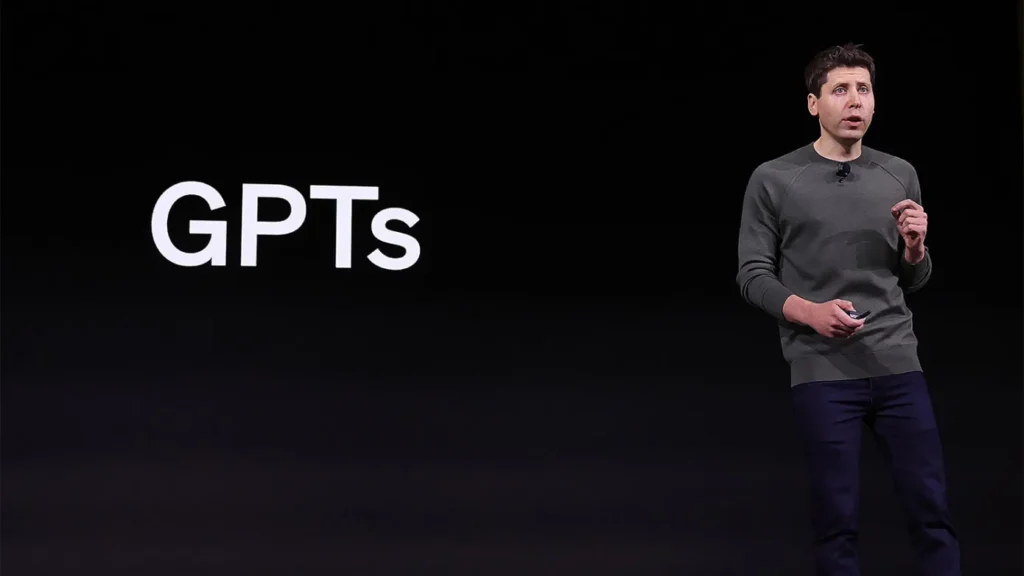
The company is gearing up to introduce a platform specifically designed for GPTs, which are personalized applications built on its text-generating AI models like GPT-4. The launch is expected within the upcoming week.
In a TechCrunch-reviewed email from OpenAI, it’s mentioned that developers crafting GPTs will need to review the company’s updated usage policies and GPT brand guidelines to ensure their compliance before these GPT applications become eligible for listing on the store, aptly named the GPT Store. Additionally, developers will be required to verify their user profile and ensure that their GPTs are published as “public.”
While the GPT Store was initially announced during OpenAI’s inaugural developer conference, DevDay, last year, its release was postponed in December, likely due to the leadership changes that transpired in November. This shuffle involved CEO Sam Altman’s departure, followed by his return with a revamped board structure after a wave of concern from investors and employees.
What makes GPTs intriguing is their accessibility — they don’t demand coding expertise and can range from simple to intricate applications. For instance, a GPT might be trained on a compilation of recipes to respond to inquiries about specific ingredients, or it could assimilate a company’s internal codebases to assist developers in verifying their code style or generating code aligned with industry best practices.
Developers can outline the functionalities they desire their GPT to possess using straightforward language, and OpenAI’s GPT Builder tool will endeavor to create an AI-driven chatbot with those capabilities. Since the time following DevDay, developers have had the capability to construct and share GPTs through the ChatGPT website directly, although not publicly list them.
It remains uncertain whether the GPT Store will initiate with any form of revenue-sharing structure. In November, Altman and CTO Mira Murati indicated to my colleague Devin Coldewey that there wasn’t a definite plan for GPT monetization. The email signaling the GPT Store’s imminent launch doesn’t mention any specifics regarding payments for developers — if there are any at all.
An OpenAI representative informed TechCrunch that more details will be disclosed in the upcoming week.
OpenAI’s shift from being solely an AI model provider to a platform was an anticipated move. This transition was somewhat indicated back in March with the introduction of plug-ins for ChatGPT, enabling third parties to integrate into OpenAI’s model ecosystem for the first time.
GPTs essentially democratize the development of generative AI applications — at least those utilizing OpenAI’s array of models. Consequently, this could potentially disrupt consultancies whose primary focus is building similar AI applications for clients.
Is this necessarily advantageous? That’s debatable. The full implications will only become clearer as events unfold.